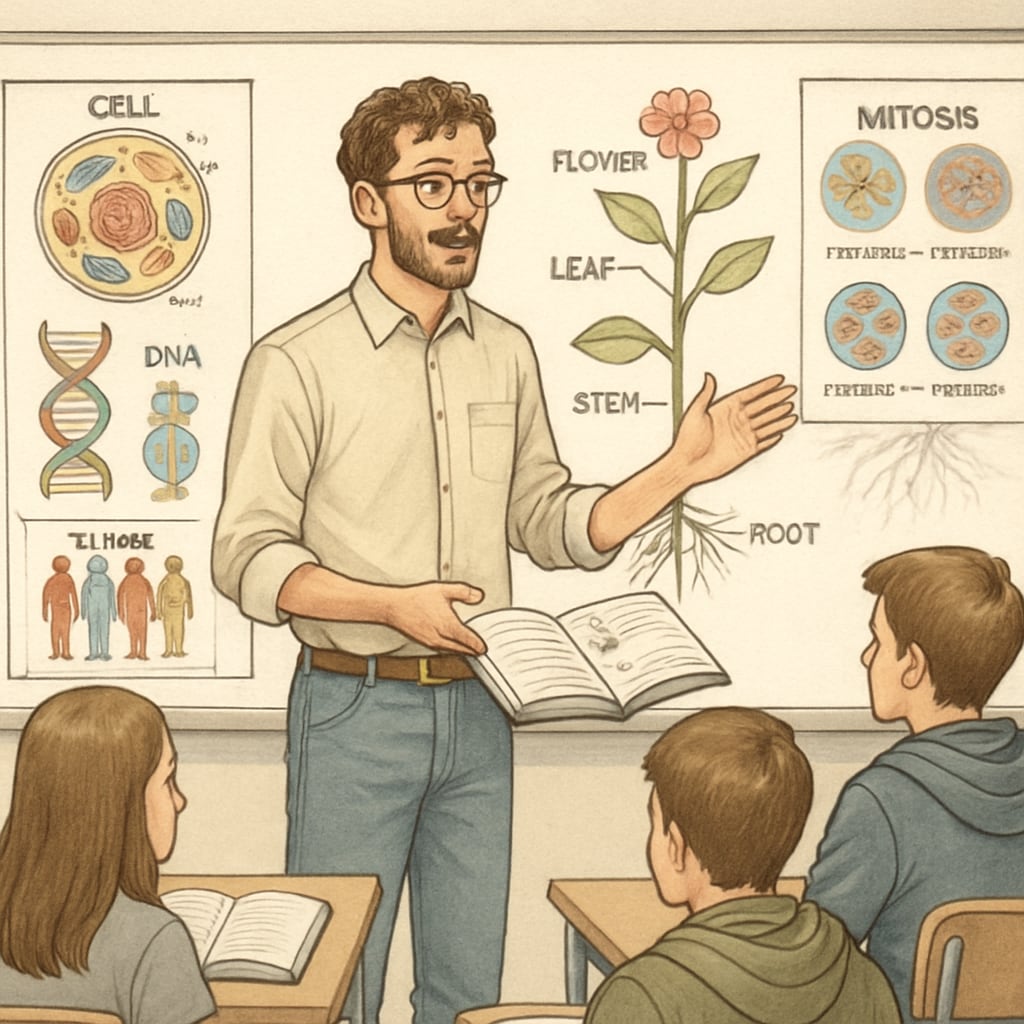For biology graduates considering a career shift, transitioning from a biology-focused academic background to pursuing a Master’s in Education is not only feasible but also filled with promising opportunities. Combining scientific expertise with teaching skills allows for a unique contribution to education, particularly in STEM (science, technology, engineering, and mathematics) fields. This article delves into the feasibility of such a transition, the benefits of interdisciplinary knowledge, and practical steps to make this career pivot successful.
Why Consider a Career Shift from Biology to Education?
Biology graduates often develop a deep understanding of scientific concepts, analytical thinking, and research methodologies. However, not all biology students see themselves in traditional lab or research roles. For those passionate about sharing their knowledge and inspiring the next generation, education offers a fulfilling alternative. Pursuing a Master’s in Education allows biology graduates to combine their subject matter expertise with pedagogical skills, making them well-suited for teaching roles in schools, colleges, or even specialized STEM programs.
Moreover, there is a growing demand for science educators worldwide. According to statistics from the Britannica, STEM education has become a priority in many countries due to its role in preparing students for future technological advancements. This demand creates a wealth of opportunities for biology graduates who are willing to transition to education.

Advantages of a Biology Background in the Education Field
Transitioning from biology to education offers several unique advantages. Here are a few key benefits:
- Subject Expertise: Biology graduates possess in-depth knowledge of life sciences, which can provide students with an enriched learning experience.
- Critical Thinking Skills: The analytical and problem-solving abilities developed during biology studies are transferable to teaching, particularly in designing engaging lessons and experiments.
- Interdisciplinary Creativity: Combining biology with education fosters innovative teaching methods, such as using real-world examples or integrating technology in the classroom.
- Career Flexibility: With experience in both science and education, graduates can pursue diverse roles, including curriculum design, educational consulting, or even administrative positions.
These advantages highlight how a biology background can serve as a strong foundation for a rewarding career in education.
Steps to Transition from Biology to a Master’s in Education
Making the leap from biology to education requires careful planning and preparation. Here are some practical steps to ensure a smooth transition:
- Evaluate Your Interests and Goals: Reflect on your passion for teaching, working with children, and contributing to the education sector. This clarity will guide your decision-making process.
- Research Educational Programs: Look for Master’s in Education programs that align with your career objectives. Some programs offer specializations in STEM education, which can be particularly beneficial for biology graduates.
- Gain Relevant Experience: Consider volunteering or working as a teaching assistant to gain firsthand experience in educational settings. This will also strengthen your application for graduate programs.
- Build Your Pedagogical Skills: Familiarize yourself with teaching methodologies, classroom management, and curriculum development. Online courses or workshops can be valuable resources.
- Leverage Your Biology Expertise: Highlight your biology background and its relevance to STEM education during interviews or application essays. Emphasize your ability to make complex topics accessible to students.
By following these steps, biology graduates can confidently embark on their journey toward a fulfilling career in education.

The Long-Term Impact of Combining Biology and Education
The intersection of biology and education creates opportunities for long-term professional growth and societal impact. As STEM educators, biology graduates can play a crucial role in addressing the global shortage of science teachers while inspiring students to pursue careers in science and technology. Additionally, educators with scientific expertise can contribute to curriculum innovations, ensuring that students gain not only theoretical knowledge but also practical skills applicable to real-world challenges.
Furthermore, professionals with experience in both fields may explore leadership roles, such as becoming education policy advisors or STEM program directors. These roles enable them to influence the broader education landscape and advocate for the integration of interdisciplinary teaching approaches.
In conclusion, transitioning from a biology background to a Master’s in Education represents a viable and rewarding career path. With proper planning and a passion for teaching, biology graduates can leverage their unique skills to make a meaningful difference in the education sector.
Readability guidance: This article uses short paragraphs, lists to summarize key points, and ensures a blend of academic and practical content. Transition words are included throughout for improved coherence.


